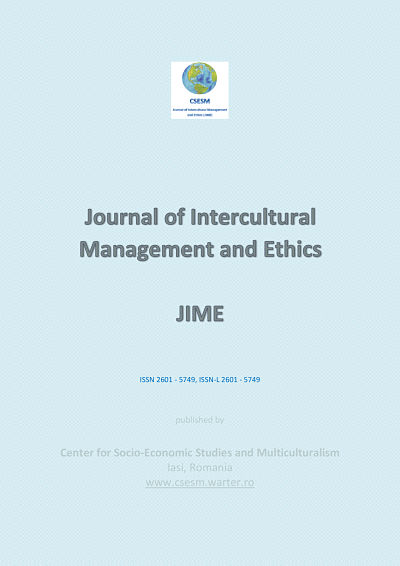Rethinking Supply Chains as Neighborhoods
Rethinking Supply Chains as Neighborhoods
Author(s): Matt Kammer-Kerwick, Kara Takasaki, Bruce Kellison, Gregory P. Pogue, Arthur B. MarkmanSubject(s): Business Economy / Management, Economic development, Socio-Economic Research
Published by: Center for Socio-Economic Studies and Multiculturalism
Keywords: Supply chains; trust; collaboration; construction; strategy; long-term decision making;
Summary/Abstract: This paper explores the implication of a neighborhood model for interfirm interactions that explicitly tries to create an equality matching relationship among firms in an industry. The aim is to examine what would happen if these firms worked to gain trust with each other with an eye toward maximizing the value of the collaboration across projects rather than just maximizing revenues in individual projects. A review of extant literature and an analysis of in-depth interviews yielded three actionable strategies that support the creation of a sustainable neighborhood in the construction industry: 1) Hub Strategy, 2) Trust Exercise Strategy, and 3) Sustainable Neighborhood Strategy. As envisioned in this study, the hub is a concentrated, inter-organizational structure for supply chain participants in large, complex projects. Importantly, hub members engage in a variety of technical activities that infuse ongoing and future projects with innovation, scope optimization, and operational efficiencies. Additionally, other activities within the hub are designed to purposefully allow participants to develop trust through collaboration before or outside of their primary contractual engagements. At present, this model has been examined for construction megaprojects, but the general neighborhood concept could be applied to many different industries and settings including manufacturing supply chains and collaborations among communities engaging in economic development. Future work will explore whether mechanisms like the hub and trust exercises can be applied in these other settings as well.
Journal: Journal of Intercultural Management and Ethics
- Issue Year: 3/2020
- Issue No: 4
- Page Range: 17-34
- Page Count: 18
- Language: English

